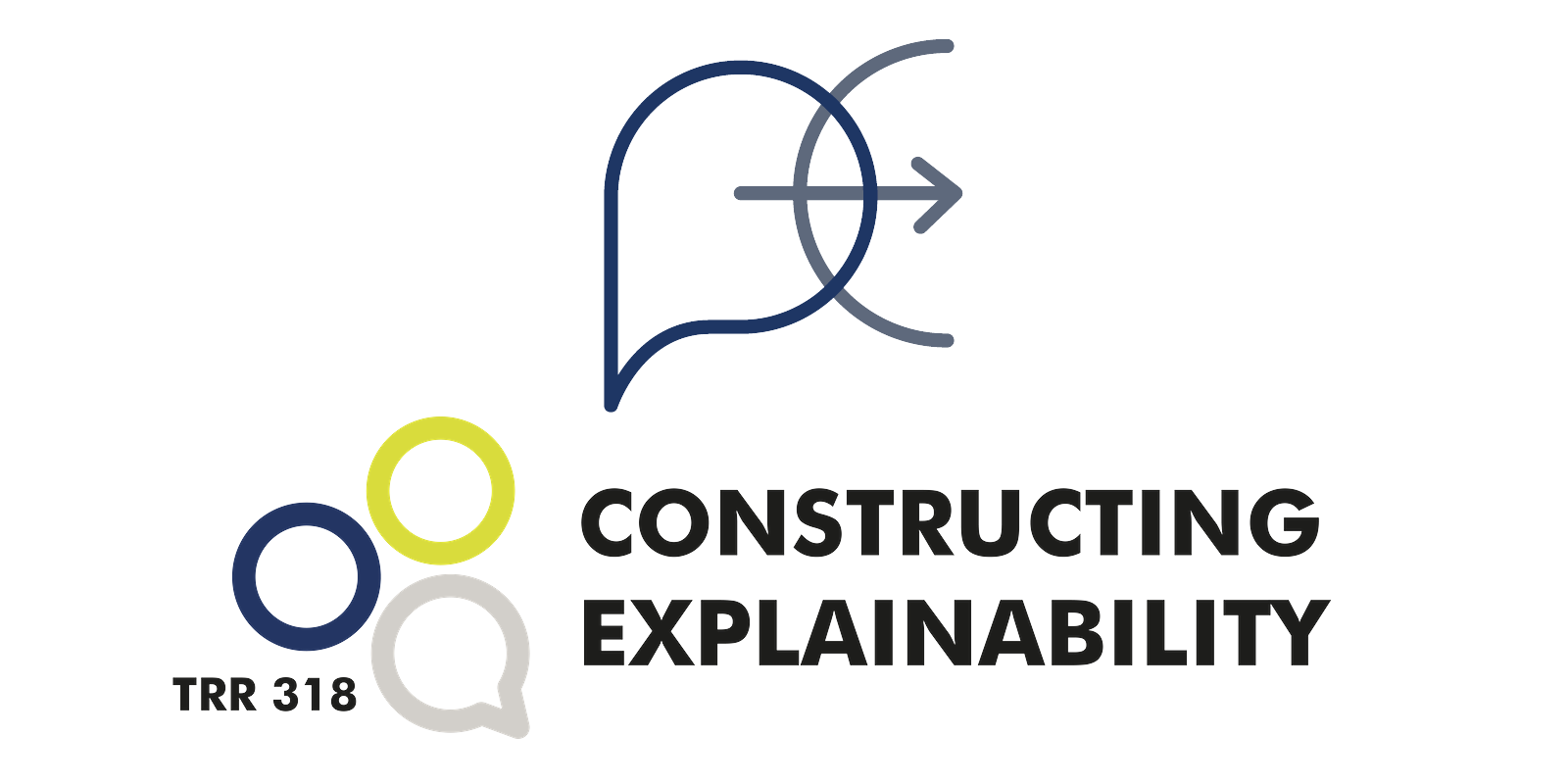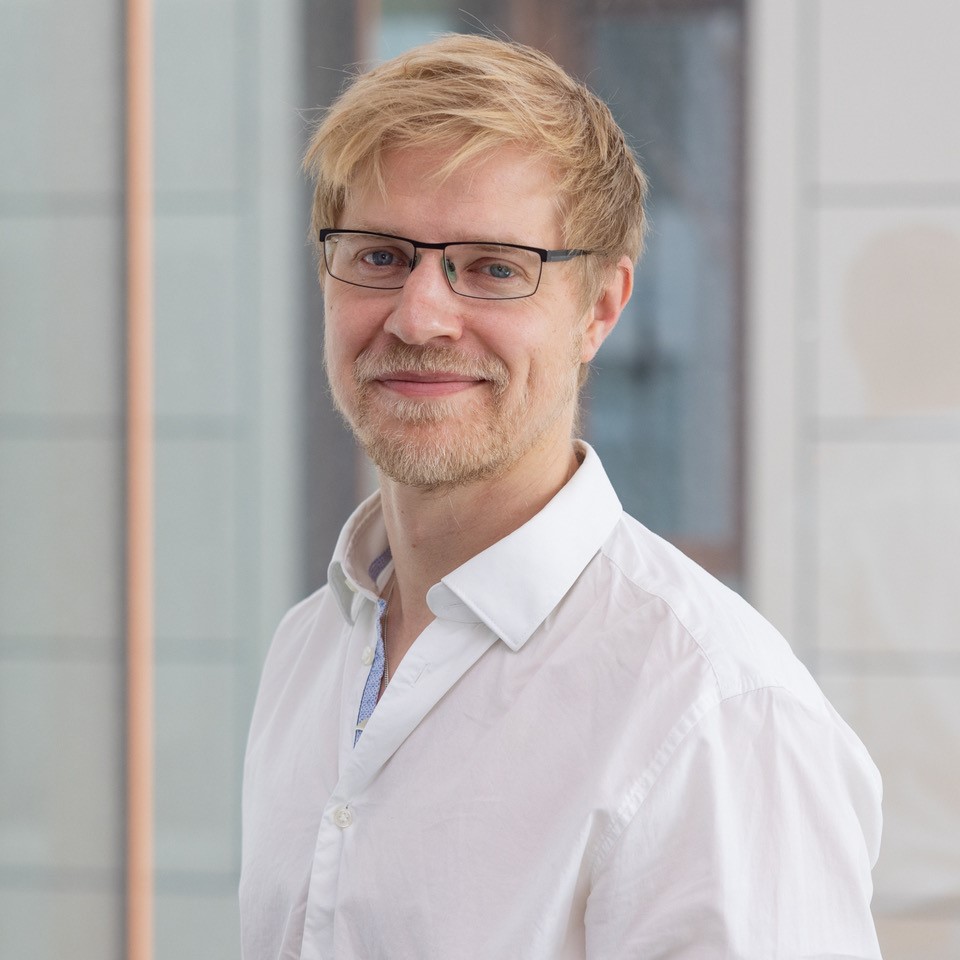Towards a Framework for Assessing Explanation Quality
In this project, we study the pragmatic goal of all explaining processes: to be successful — that is, for the explanation to achieve the intended form of understanding (enabling, comprehension) of the given explanandum on
the explainee’s side. In particular, we investigate the question as to what characteristics successful explaining processes share in general, and what is specific to a given context or setting. To this end, we first establish
and define a common vocabulary of the different elements of an explaining process. We then explore what quality dimensions can be assessed for explaining processes. Modeling these processes based on the elements represented
in the vocabulary, we develop and evaluate new computational methods that analyze the content, style, and structure of explanations in terms of linguistic features, interaction aspects, and available context parameters.
Our goal is to establish and empirically underpin a first theory of explanation quality based on the vocabulary, thereby laying a common ground for how success in explaining processes is achieved.
Förderprogramm
DFG, Transregional collaborative research center TRR 318
Projektpartner
- Universität Paderborn (Projektkoordinator)
- Universität Bielefeld




